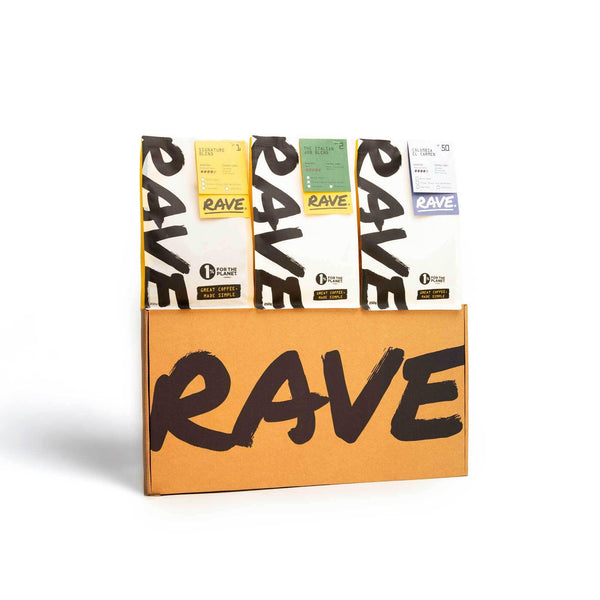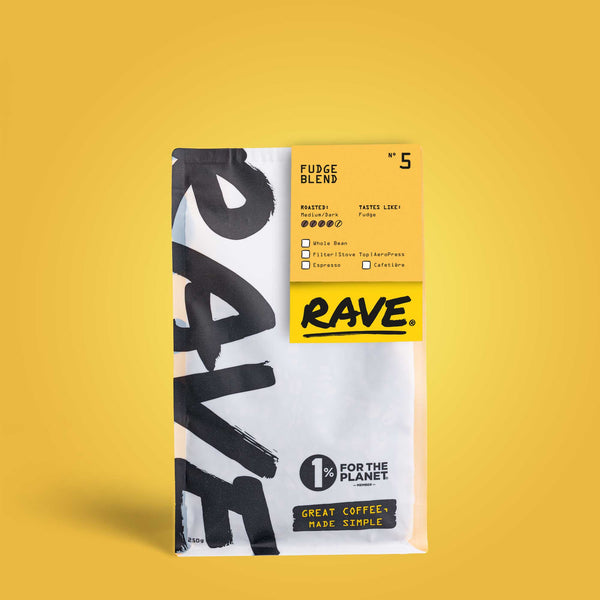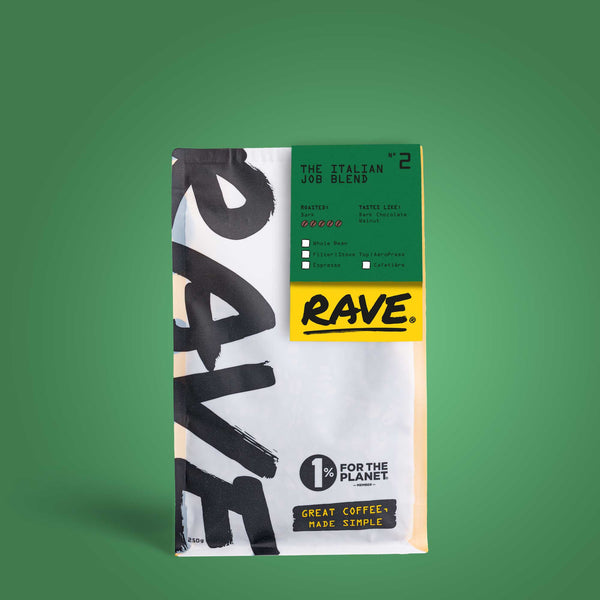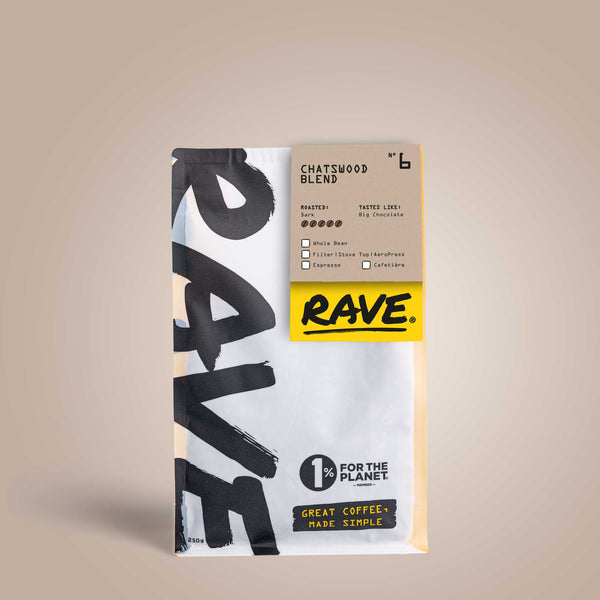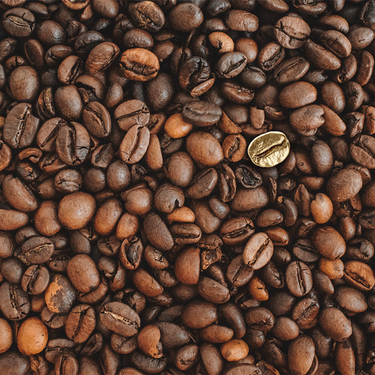Mexico
Central America Coffee Region
History of Coffee in Mexico
From small sombrero to big kahuna, Mexico's rise in the coffee world has been relatively swift, but not without its bumps and bruises, some of which continue to this day.
Coffee came to Mexico at the end of the 18th century when the Spanish brought plants from Cuba and the Dominican Republic to Veracruz, with plantations eventually spreading to the southernmost states of Chiapas and Oaxaca.
For many years, coffee took a backseat to mineral exports like gold and silver. Coffee began to flourish in the 1860s when border disputes with Guatemala led to widespread land registration which saw many wealthy Europeans snatching up extensive tracts of land, pushing small farmers to the mountains, only to return as indentured servants. Not a bright spell in Mexico's coffee history, but it was what it was, and fortunately the Mexican Revolution saw small farmers take back the land. Labor laws freed many serfs who took what they learned about growing coffee to their own communities. The National Coffee Institute of Mexico (INMECAFE), developed in 1973, saw further progress for the small farmers, and contributed to boom of coffee production in the rural countryside between 1973-1990.
INMECAFE disintegrated in 1989 and a "coffee crisis" between 1999 and 2003 led to the overproduction of coffee while prices fell. Lower income for farmers has seen standards fall by the wayside, with poor maintenance of coffee plantations and thus, lesser quality coffee. The effect can make it hard to find a good bean from Mexico, but they're out there - you just have to know where to look. And their dearth makes it all the more important to support Mexican coffee farmers who are pushing to improve Mexico's coffee standards despite its questionable economy.

Characteristics of Mexican Coffee
In general, a good Mexican coffee will be light-bodied with mild acidity and delicate flavours that vary by region. Those from the high altitude regions in Chiapas, for example, can rival the best Guatemala coffees in terms of power and complexity. Meanwhile, Altura coffee, grown in the volcanic rich soil on multiple states, can possess an almost nutty aroma and balanced flavour.
Mexican Coffee: Interesting Facts and News Bites
-
Mexico is the 8th largest coffee producer in the world.
-
Mexico's coffee industry has recently become threatened by the coffee rust fungus that began in Colombia in 2011.
Americas coffee
Americas coffee


- ⚡️ Limited Edition
- 🌟 New release
Brazil Carnaval Blend Nº 17
£8.75 Sold Out




